
In Mali migration is a very complex and multi-faceted matter as to require a careful reflection. The phenomenon is so pervasive as to concern a large part of the local population, but it is however often overlooked or dismissed as trivial. Invisibility is often perceived as normal requirement of the condition of migrants.
Shedding light on everyone's life paths, looking migrants in the eye, giving them a voice, denouncing, and providing assistance in cases of violence, can be an effective way to stimulate reflection, break stereotypes and banish stigma.
Once a model of African democracy, Mali has been living for more than a decade in a very serious situation of conflict and political instability.
Through our work in the country, we offer migrant communities counselling centres, information, and psychosocial services adapted to their needs; we monitor, report, and publicly denounce human rights violations against migrants; and we work to enable them to emerge from frequent situations of confinement, exclusion, rejection by the community, and discrimination often associated with abuse and violence.
We recently strengthened the skills of more than 50 frontline workers from 12 different structures - including Malian and international civil society organizations, local public structures, and experts - through trainings on therapeutic focus groups, on gender and migration notions and monitoring cases of violence. Together with our partners we have assisted over 12,000 migrants in transit in Bamako, refugees, asylum seekers or internally displaced persons by offering accommodation, referrals, medical assistance, and individual or group psychosocial pathways, both in Bamako and in Mopti. We also conduct therapeutic and outreach focus groups to better address the needs of migrants and their protection.
Not only is the country located in one of the most strategic geographical points for migration to Europe, but the political instability and the consequences of the war have created a vacuum in the management of the migration phenomenon, a situation accentuated by the movements of thousands of internally displaced persons. According to data and estimates in recent reports from several international organisations (such as the World Organization for Migration and the UN High Commissioner for Refugees), Mali is home to about 10,000 people (representing over 30 different nationalities) each year who travel along the "migratory route," particularly in the cities of Bamako and Gao. We are considering both migrants in transit, and the many migrants rejected from the Maghreb. About 500,000 people who have internally displaced to the regions of Gao, Mopti and Bamako are to be added to the count. These figures are constantly increasing. In this fragile and complex context, migrants, and in particular women, minors, and gender minorities are particularly vulnerable frequently suffer from abuse, violence, a lack of rights, exploitation, and discrimination on a variety of levels.
Through the "Kafamuya" project, CISP works to safeguard and uphold the rights of migrants, women who were victims of human trafficking while travelling, and gender minorities in Mali. This work is done both directly and by building the capabilities of local groups and human rights defenders.
Migrants experience subordination, oppression, and abuse much too frequently. In addition to taking care of their direct protection, we also put up information and awareness mechanisms toward many players in society in order to alleviate them and give them back control over their own life. We disseminate information on the nature of migration, migrants who are on the move and refugees, asylum seekers in Bamako, people who have been forcibly displaced at sites in Bamako and Mopti, and internally displaced people, helping different segments of the Malian population, such as government nationals, law enforcement, and journalists, understand the issue. Knowing the phenomenon actually makes it easier for these communities to cohabit peacefully and have their rights recognised.
As part of this awareness-raising process, we intended to give migrants a voice to bear witness to their own experiences, to hear from their voice and with their words what they want to communicate to us and not what we want to hear. Recently, the workshop: "Care - Empowerment - Artistic expressions" was particularly successful. About twenty migrant women were led by a multidisciplinary team through dance, song, artistic expression, and Citizen Intelligence. With the help of this dynamic, the participants were able to tell and tell themselves stories that moved between the individual and the collective, between good and wrong, and between art and advocacy for their rights.
The participants were able to express/launch their "cries of the heart" - CRIS du CŒUR-, bearing witness to the injustices suffered throughout their migration trip and while they were living in Mali, within the context of the artistic residency. Some testimonials can be found on the photogallery below.